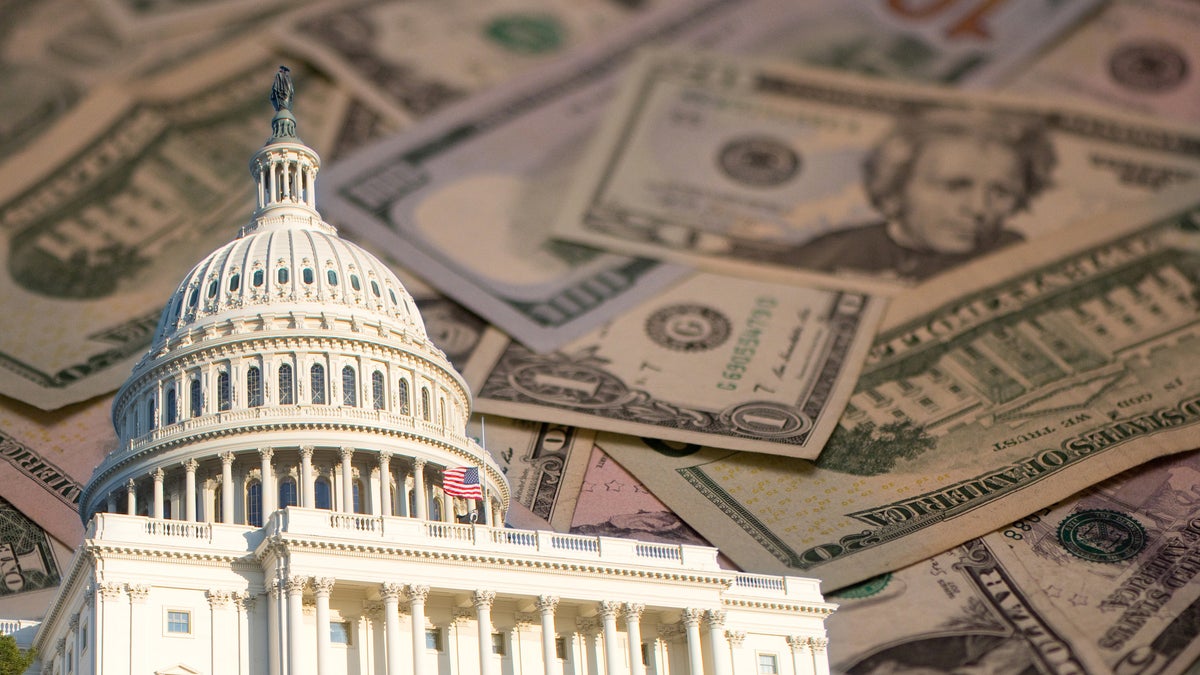Bitcoin reserve has been proposed as an element of Japan’s foreign currency and banking policies. Japan’s Crypto fans and financial experts have proposed including Bitcoin in the country’s economic portfolio. The Japanese government has proceeded cautiously, considering potential economic, monetary policy, and foreign relations impacts.
Future of Bitcoin Reserve
Bitcoin reserves assume cryptocurrency, especially Bitcoin, can hedge inflation and currency devaluation. With its strong economy and forward-thinking banking industry, Japan may lead the way in adopting Bitcoin into its reserve assets alongside gold and other currencies. Proponents say this might strengthen Japan’s financial independence and protect it from global market instability.
Due to its decentralization and 21 million coin production cap, Bitcoin, or “digital gold,” is a popular store of value. Advocates say diversification may reduce Bitcoin’s volatility, making it a desirable addition to Japan’s foreign exchange reserves. Bitcoin Reserve Plan, Technological developments and global cryptocurrency appeal make Japan a suitable venue for trying this new financial strategy.
Reaction from the Federal Government
Japan’s government will consider the Bitcoin reserve concept but remains hesitant. Japanese officials realize the growing importance of cryptocurrencies, notably Bitcoin, in the global financial system, but they are wary of making such a huge move without assessing the risks. Bitcoin volatility alarms the government. Despite its popularity, Bitcoin’s intense price fluctuation could imperil Japan’s financial reserves.

Due to conservative budgetary policies, Japan’s economic decisions are stable and predictable. Bitcoin’s price volatility might cost a lot, so the government is wary of the idea. Japan’s central bank has also emphasized studying the legal and regulatory challenges of cryptocurrency reserves. Japan’s cryptocurrency regulation is among the most progressive. The administration said it should assess the impact on Japan’s monetary system before deciding.
Financial Institutions in Japan
Government officials and Japanese financial institutions have commented. Japan’s main banks and financial regulators are growing wary of Bitcoin’s role in national reserves. Bitcoin diversifies, yet its volatility disqualifies it for reserves. Bitcoin is unlikely to become a reserve asset in Japan’s traditional banking system. The financial sector has regulatory problems.
Bitcoin’s decentralization makes managing and monitoring cryptocurrency holdings challenging. Japan’s financial officials worry about Bitcoin’s unlawful use despite cryptocurrency exchanges’ AML and KYC compliance. Some tech-savvy Japanese financiers view Bitcoin as a long-term strategic asset. Bitcoin’s global growth, despite its volatility, could improve Japan’s financial tools, say these people.
Summary
Bitcoin Reserve Plan, There seems to be a middle ground between stability and Bitcoin’s long-term benefits among Japan’s financial regulators. More discussions and pilot projects looking into Bitcoin’s integration into Japan’s national reserves could emerge as the cryptocurrency industry develops and the country figures out its role in the global economy. Potential and actual dangers should be carefully examined for every action taken in this way.


